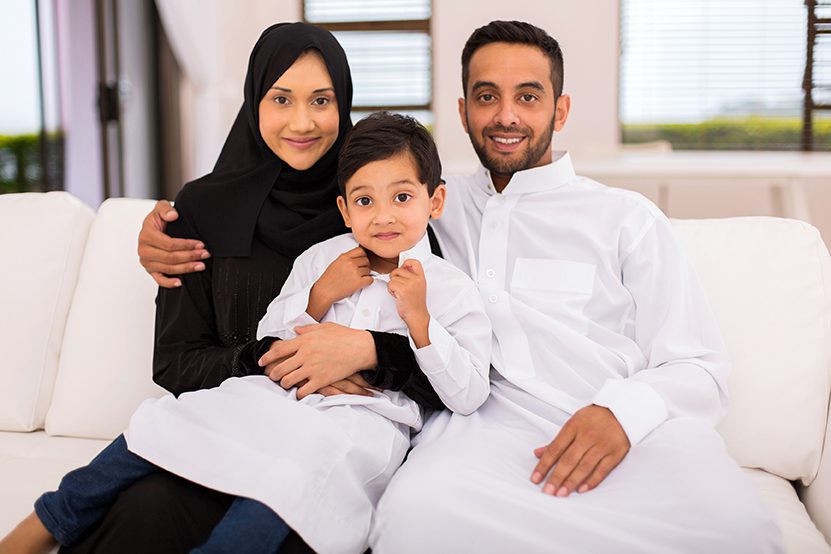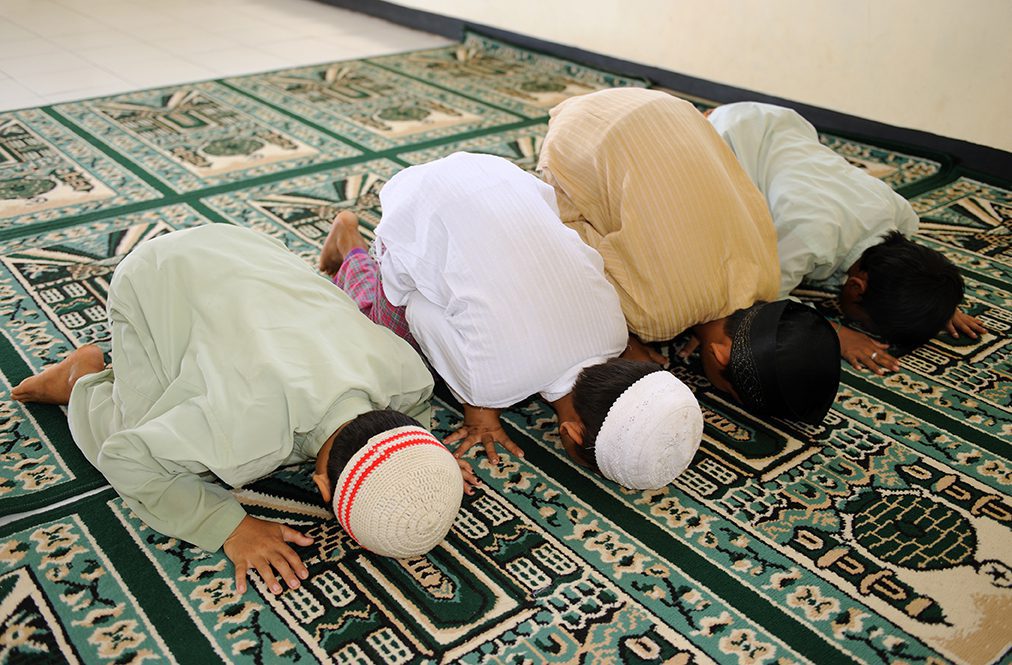Fostering a Muslim Child

Fostering a Muslim Child
To make sure that we have the best possible outcomes for our Muslim children and young people, we strive to recruit foster families that can provide a safe, nurturing and a culturally responsive home that respects the child’s religious identity. In an ideal world, we will place a child within a home that is already practicing Islam, however there are times, due to the shortage of approved Muslim foster families, this is not always possible. Below we will discuss some important things to consider in order to best support a Muslim child who is in your care.
Religious Identity:
Foster families should respect and promote a Muslim child’s religious identity and provide them with plenty of opportunities to practice their faith. We would look for you to provide opportunities such as attending mosques or community activities, taking part in religious festivals, and to support your foster child in learning about their faith.
Dietary Needs:
Fostering a Muslim child will likely require the you to be (or to become) familiar with Islamic dietary regulations. The Quran prohibits pork and non halal meat, as well as alcohol and other drugs. Foster Carers should follow Islamic dietary guidelines to provide your foster child with Halal food options, and where appropriate also discuss dietary preferences with them to make sure they feel comfortable with what they are eating.

Cultural Practices:
You would need be knowledgeable (or to become knowledgeable) about Islamic cultural practices and etiquette. For example, removing shoes when entering a room, as this is customary in many Muslim households. You should also be (or become) familiar with the adab, or Islamic courtesy, that is expected in certain settings, such as restaurants and houses of worship.

Social Settings:
In order to provide a supportive, nurturing and culturally sensitive environment, our Foster Carers should ensure that any Muslim foster child in their care has the opportunity to socialise with other Muslim children. Providing opportunities in the home, school, and the community for your foster child to interact with and receive support from other Muslims can be beneficial for their emotional and social development.
More about Fostering in other Faiths
Fostering a Muslim Child
To make sure that we have the best possible outcomes for our Muslim children and young people, we strive to recruit foster families that can provide a safe, nurturing and a culturally responsive home that respects the child’s religious identity.
FIND OUT MOREFostering a Christian Child
Religious identity: One of the most important things you can do to support the faith of a Christian child in your care is to create a safe and secure environment in which they can continue to practice and strengthen their faith.
FIND OUT MOREFostering a Sikh Child
To fully support your foster child, we would be look for you to show that you are (or how to plan to become), knowledgeable about Sikh religious holidays, such as Diwali or Vaisakhi in order to provide the child with an opportunity to celebrate their faith and heritage.
FIND OUT MORE
Finally, our Foster Carers should strive to create a home environment where a Muslim foster child feels accepted, respected and embraced. Foster families should remain open and understanding, providing the child with a safe space to express themselves and their beliefs.
By being culturally sensitive and creating a safe and nurturing environment, foster families can help make the transition of a Muslim foster child into their home a positive and successful experience.

Join us
Interested? We’d love to hear from you. You could help us to make a real difference and give a child a safe and stable home.
